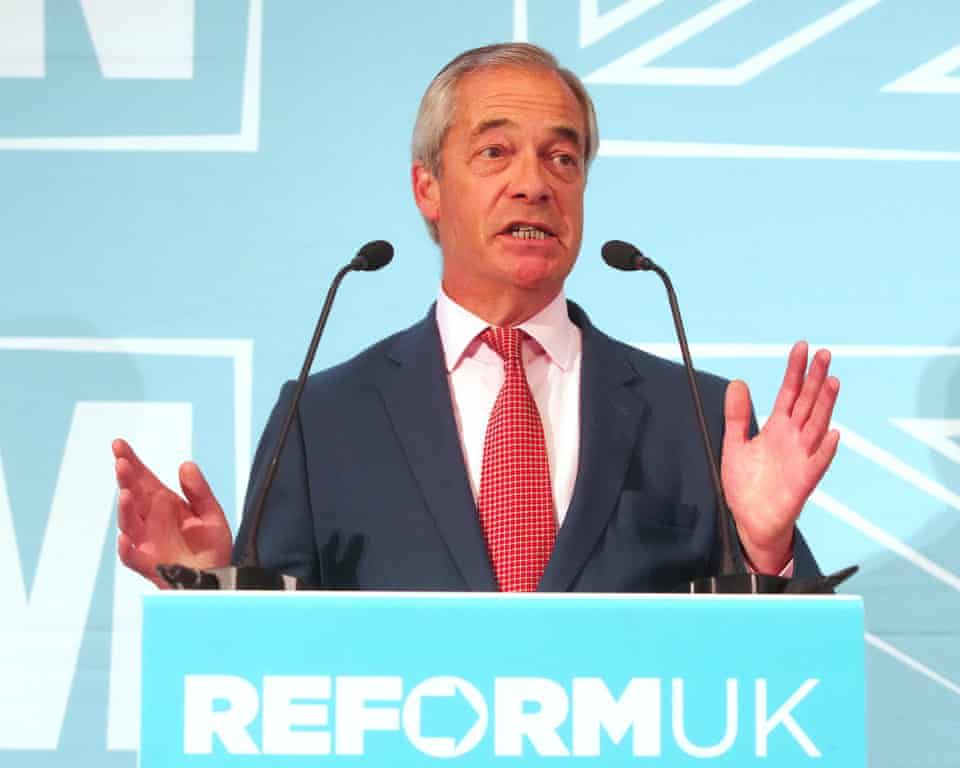Reform UK leader Nigel Farage has backtracked on his party’s high-profile pledge to cut £90 billion in taxes, saying deteriorating public finances under Labour and the Conservatives make such measures unrealistic.
Speaking in the City of London, Farage said Reform would first prioritise bringing public spending under control, describing the 2024 manifesto tax-cut target as an aspiration rather than a fixed promise.
“I cannot tell you what the state of the economy will be by the next election, They were only ever aspirations. What you’re seeing today is us being realistic about the economy.”
Farage also declined to guarantee the future of the pensions triple lock, which is forecast to cost £15.5bn by 2030, and hinted at potential changes to public sector pensions, criticising what he called exorbitant management fees.
While ruling out major immediate tax cuts, Farage said a Reform government would pursue modest fiscal changes, such as reversing inheritance tax on farms and raising income tax thresholds.
Economists have previously warned that Reform’s manifesto plans which combined £150bn in cuts and £50bn in spending commitments were problematic and significantly undercosted.
Farage also questioned the minimum wage for young workers, suggesting it was too high, and criticised the government’s workers’ rights bill for harming small businesses.
On welfare, he said Reform would lift the two-child benefit cap only for low-paid British couples who both work, while defending the party’s controversial plan to cut disability benefits, which it claims could save £9bn by ending some Pip payments — a figure experts dispute.
Farage further accused both main parties of squandering Brexit’s economic potential, saying Britain had failed to deregulate and become globally competitive.
“The worst thing is that regulators and regulations are now worse than at the time of the Brexit referendum,” he said.
He declined to name a potential chancellor, saying Reform was “broadening its team” beyond a one-man operation.
Read also: Nigel Farage Could Take 60 Labour Seats in ‘Wake-Up Call’ Mega-Poll



